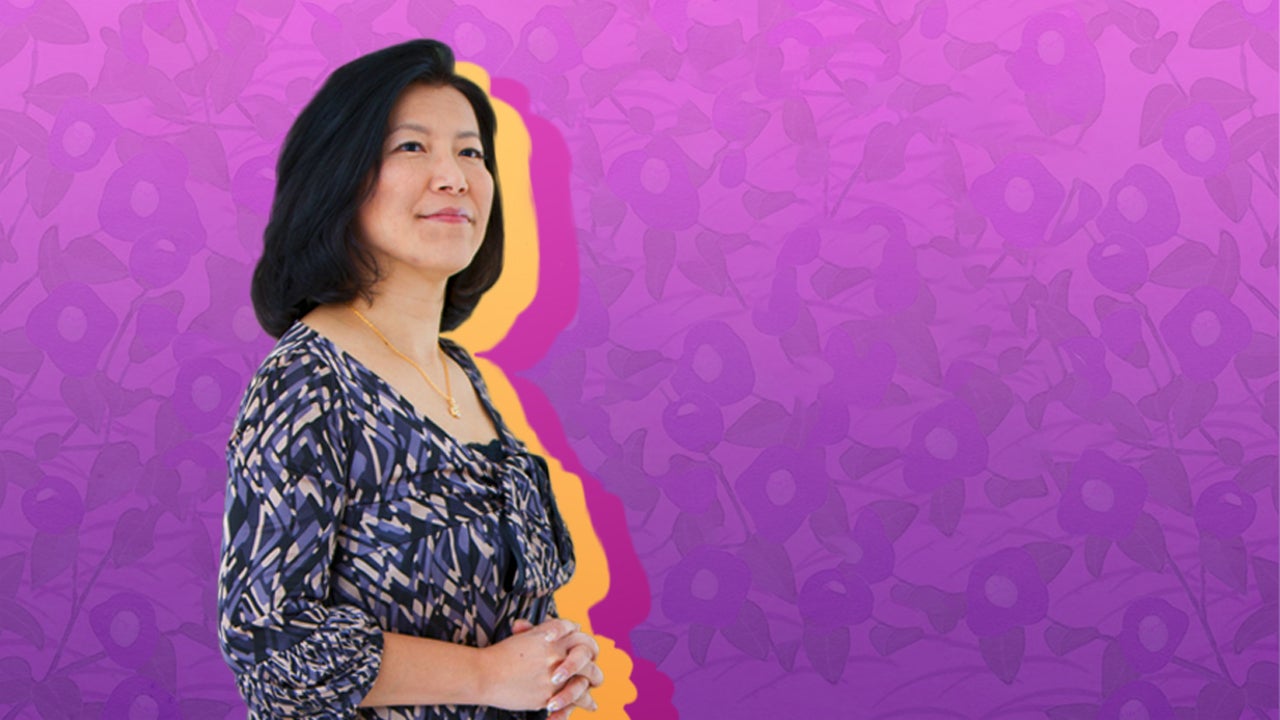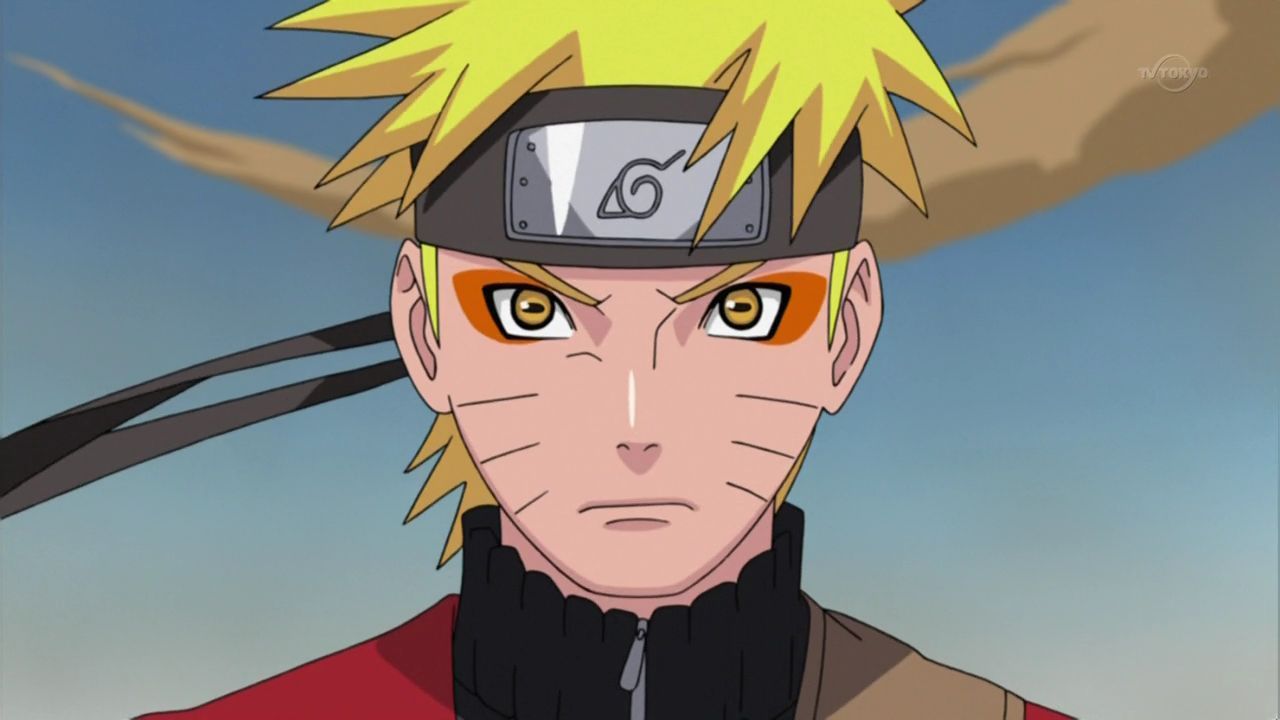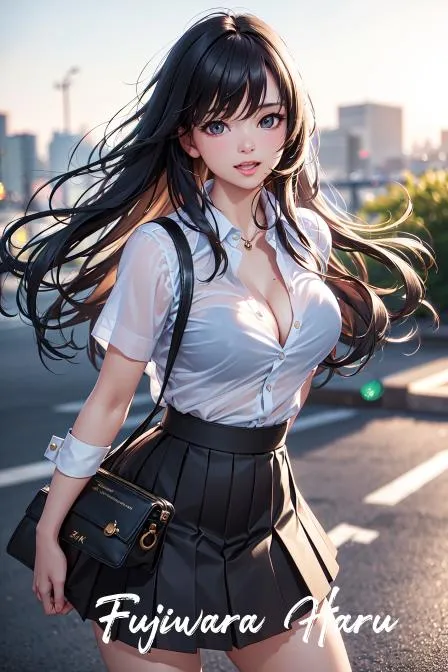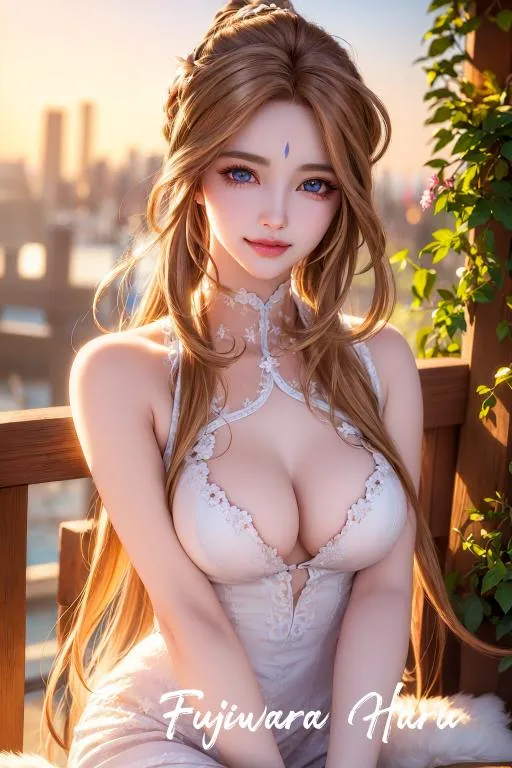At least once a week, I look at what I've written down on my computer for a story, put my head in my hands, sigh deeply, and say something like, "Actually, this is the worst thing anyone has written in the history of writing and I should quit immediately."
I haven't met anyone engaged in creative pursuits who hasn't felt this way at least once. And Yoko Shimomura is somehow no exception. Shimomura is the lauded composer of soundtracks for games and franchises such as Kingdom Hearts, Mario & Luigi, Xenoblade Chronicles, Streets of Rage, the Mana series, Super Mario RPG, Live A Live, Radiant Historia, Final Fantasy XV, Parasite Eve, Breath of Fire, the list goes on and on. But despite all this, despite years of accolades including a well-deserved Lifetime Achievement Award from the Game Developers Choice Awards at the Game Developers Conference in San Francisco this week, Shimomura too struggles with uncertainty, just like the rest of us. She almost quit Capcom early in her career as a result of that struggle, a move that would have meant works such as Dearly Beloved, Beware the Forest's Mushrooms, Colony 9, Forgotten Wings, and so many more would simply no longer exist. But Shimomura stayed, thrived, and here we are.
How did Shimomura persevere to become the legendary composer honored by GDC? Her ability to love her own work, even when she feared it was at its worst.
Vector to the Heavens
Yoko Shimomura's career has spanned 36 years and over 70 video game soundtracks, not to mention a number of other albums and arrangements. She's trained in classical music, beginning piano lessons at age four or five and almost immediately developed curiosity around composition. "Shortly after I started learning the piano, I remember playing it randomly and I would pretend like I was composing new songs," she said in a 2002 interview. "For some odd reason, I can still play the first song that I actually finished composing. But I will never play that song in front of anyone since it sounds really silly."
Already a fan of video games, especially RPGs, Shimomura's video game composition work began almost immediately after her graduation from Osaka College of Music with a piano major. In 1988 she took a job at Capcom initially working on the game Samurai Sword, followed by Final Fight and later, Street Fighter 2. In 1993, she moved from Capcom to Square Enix and quickly became known for her work on a number of the publisher's most famous RPGs. Shimomura went independent in 2003, but continues to work with Capcom, Square Enix, and many others on a variety of projects both retro and novel.
Shimomura's early work in the realm of chiptunes meant working within numerous limitations - such as available instruments, soundfonts, file sizes, and other elements - to make the music in her head appear in a game. Now, of course, she realizes her visions with full symphony orchestras. She tells me that while she much prefers the modern approach, she envisioned her early compositions as having flute and violins in them, even though real flutes and violins weren't possible yet in the games themselves.
"I had no idea I would be engaged in this job for as long as I have," Shimomura says. "I thought maybe I'd do it for two to three years before quitting. Of course I'm surprised I've been in it this long, but so are my friends and family,” she pauses to laugh. “Early console games had very little data capacity to work with. We couldn't cut corners by reducing the amount of music programming and sound effects either, so I spent this time making music with only two to three tracks that were eight measures long.
"Nowadays, I have a lot more freedom in how I make music. Back then, I would write music that I hoped would sound like what I envision it should sound like, but nowadays I'm very happy that the end result is exactly as I envision it to be. That said, I do look back fondly on my early days of music composition."
More recently, Shimomura has had the pleasure of revisiting a number of her previous works amid ongoing efforts to remaster or remake beloved games. Among them are Super Mario RPG Remake and Live A Live, both of which received completely rearranged soundtracks. Live A Live in particular, Shimomura has said elsewhere, challenged her. The original songs were written in MIDI format, and the data had been lost. So the arrangers had to copy it all by ear, and Shimomura felt great pressure to get it right given the fan fervor for the original soundtrack.
"I was happy knowing that there were a lot of people out there who loved the original music for both titles, so I made sure to keep my own ego in check when approaching these arrangements," she tells me. "My number [one] priority was to make sure people who played the originals wouldn't be disappointed. I had a lot of fun creating these arrangements! I was actually a bit surprised at what my past self did with some of the original tracks," she laughs again.
Another Side
The pressure Shimomura describes rearranging the Live A Live soundtrack wasn't unique to that game, though. Shimomura speaks of her struggles with confidence candidly and often. She told fellow composer Toby Fox in an interview last year that every time she submits a new piece, she wonders if it will be rejected. And in the same interview, she told a story about hearing the Dragon Quest piece Heavenly Flight just after getting hired in her first job as a game composer at Capcom. "I realized, regretfully, that I had everything all wrong. That I didn’t understand what game music was at all. The music in Dragon Quest was so incredible, I felt like I’d been hit over the head with a hammer." Her early days at Capcom were difficult, she continued. "The other composers got mad at me a lot… Every day I thought 'What should I do? I have no talent, I can’t work hard… I should quit.'"
Shimomura leaves that story thread there, and we know the happy ending: award-winning success. But I wanted to know more about that moment. How did she make it through that difficult period and maintain faith in her abilities?
"At the time, I felt incapable of composing music for my job and longed for help during this tough period, but I also knew I loved music, and I loved myself because of that," Shimomura replies. "I wanted to be able to take something I liked, use it for my job and then enjoy the satisfaction of releasing even just one game with my music in it. Once I released that first title, I wanted to go through the process of releasing another one. That's how I've managed to endure as a game music composer to this day."
For Shimomura, the satisfaction of completing a single track continues to buoy her even though she still struggles with confidence to this day, amidst all the awards and accolades. "When I do end [up] completing a song, I like to call myself a genius in jest. (laughs) And then the next day, I fall back down to Earth. Rinse and repeat. Moreover, I'm very happy when someone tells me they liked a song of mine. It reminds me that continuing this line of work was the right choice."
There's a certain playfulness that bursts through in Shimomura's responses to my questions. It's evident in her music, too. She loves the unexpected. Everyone rightfully praises Shimomura's epic RPG God-fighting choral themes, such as Megalomania or Destati, but then she turns around and injects the same apocalyptic energy into seemingly lighthearted games like Mario & Luigi: Paper Jam. On the flip side, Shimomura frequently composes playful melodies for environments where players might initially anticipate gravitas. I think of the bouncy battle theme of Super Mario RPG, which graces the act of walloping Goombas with the vibe of a hoppin' beach party. Without Shimomura's joyfully chaotic energy, we would not have been blessed with the beauty of Dearly Beloved, the mystery of Hollow Bastion, and the mushroom-addled silliness of Welcome to Wonderland all in one soundtrack?
Hand in Hand
After 36 years and an award for Lifetime Achievement, Shimomura is far from done. She's currently working on the soundtrack for Kingdom Hearts 4, for which she will only say she's writing "a number of songs at the moment." She can't mention any other projects, but does describe herself as "knee-deep" in work. Shimomura cheerfully brushes off my questions about other games, franchises, styles, and genres she might want to work in one day; she's happy focusing on what's in front of her now. She attends classical concerts when she can, but won't tell me her favorite band: "[It's] actually a secret!"
And she does admit that despite having little free time, she occasionally plays mobile puzzle games, though she's cautious of getting addicted. "Whenever I'm with a group of people, I do like to play Among Us," she adds. "I first played it a few years ago and ended up playing it for eight hours!"
If one of the most celebrated video game composers isn't spending literally every waking hour either listening to music or playing games, maybe everyone else can take a deep breath, too. When I ask her what advice she'd give to budding composers who want to work with video games, she suggests a well-rounded approach: "Don't just play games or listen to music; try to live as many different experiences as possible and try to spend your time meaningfully. Your lived experiences will be a vital tool in the music you create."
And it sounds like Shimomura herself is thinking about slowing down too, if only just a little bit. When I ask her what she thinks she'll be doing in five or ten years, she says, "I feel like I've been exuberant in my work approach up to this point, so I would like to dial things down just a little bit by going on vacation, spending time in my hometown in Kansai, Japan, and living life in a more relaxed manner."
This week, though, Shimomura is accepting her Lifetime Achievement Award at GDC with grace, humility, and joy. "I'm in shock, truly," she says. "It still feels like some sort of a mistake or misunderstanding to me. But I am happy knowing that others see validation in my work, and I think it will influence my future work in a positive way."
There's something appropriately Kingdom Hearts-esque about Shimomura's sentiment - the affirmation of those around her may only serve to make her even more powerful. As most artists know, the praise of others is not guaranteed to vanquish creative anxieties, but Shimomura at least seems to have found a more effective tool early in her career: her deep love of the craft itself.
Hearing Yoko Shimomura express her own worries about her work so openly makes me feel less embarrassed about my own fears. It's more than a trite platitude; she always pairs honesty about her struggles with such earnest joy in her work. Both making music and sharing it with others clearly nourishes her. Shimomura knows she loves her art, so she loves herself. Perhaps the rest of us should keep creating, too.
Rebekah Valentine is a senior reporter for IGN. Got a story tip? Send it to rvalentine@ign.com.







